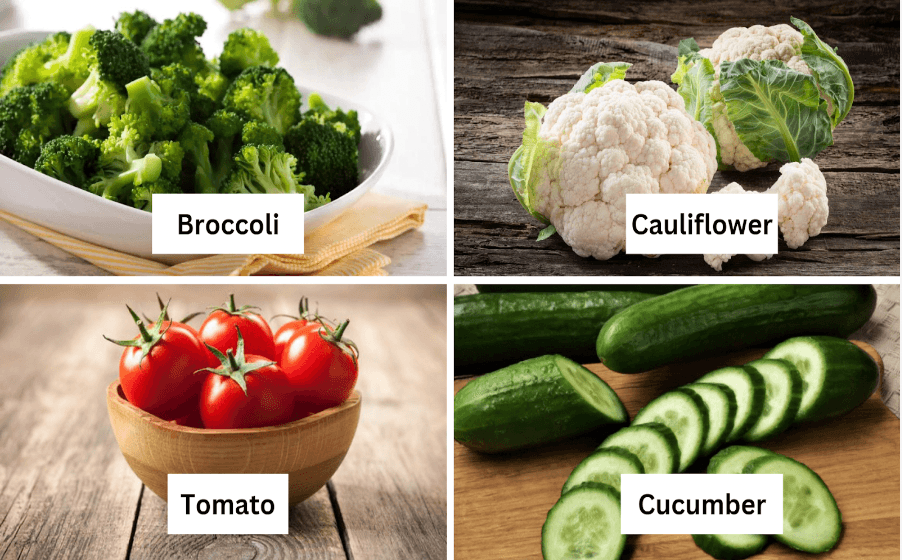Joint Pain and Loss of Balance? Avoid These 6 Everyday Foods and Supplement - Dr. Barbara O'Neill
Calcium supplements, often taken for maintaining bone strength, are surprisingly linked to increased bone calcium depletion. Despite being marketed as beneficial, they may not be the silver bullet for bone health as previously believed. Many of these supplements consist of synthetic forms that the body cannot efficiently absorb.
In the Himalayas, a group known as the 'Hes' experiences robust health without modern calcium supplements. These individuals thrive on natural air, absence of fast food, and constant physical activity from climbing which naturally stimulates bone and muscle strength.
Bones are not solely made of calcium; they require a symphony of minerals for optimal health. These include magnesium, which catalyzes Vitamin D utilization, and zinc and phosphorus, essential for maintaining structurally sound bones. Rather than isolated emphasis on calcium, many minerals assist in maintaining a fine balance within the body.
- Refined sugar
- Meat (especially high sulfur meats)
- Hybridized wheat
- Aged cheeses
- Caffeine, alcohol, and tobacco
In contrast, alkalizing foods provide relief from acidity. Doctors recommend Celtic sea salt, lemons, dark leafy greens, and ancient grains like millet for their balancing properties and beneficial minerals to prevent joint inflammation.
- Lemon
- Dark leafy greens
- Millet and other ancient grains
- Alkalizing nuts - almonds and Brazil nuts
"If you’ve been struggling with persistent joint pain, understanding the role of acid-forming Foods and the risks of calcium supplements is crucial." – Dr. Barbara O’Neal
A diet moderate in acid-forming foods, diverse nutrient intake, and an increase in activity leads to sustainable joint health. Considering long-term well-being, embracing a balanced approach could indeed strengthen bones without reliance on questionable calcium supplements.
From Around The Web
Wellness Inbox is a blog & weekly newsletter that curates trending news and products related to health and wellness from around the web. We also gather content from various sources, including leading health professionals, and deliver it directly to you.
Please note that we may receive compensation if you purchase any products featured in our newsletter. Wellness Inbox is not affiliated with, nor does it endorse, any health professionals whose content may appear in our newsletter. The information provided is for general informational purposes only and should not be considered medical advice.
The information provided is not intended to replace professional medical advice, diagnosis, or treatment. All content, including text, graphics, images, and information available is for general informational purposes only. We do not guarantee the accuracy or completeness of any information presented and assume no liability for any errors or omissions. The content is subject to change without notice. We encourage you to verify any information with other reliable sources and consult your physician regarding any medical conditions or treatments.






